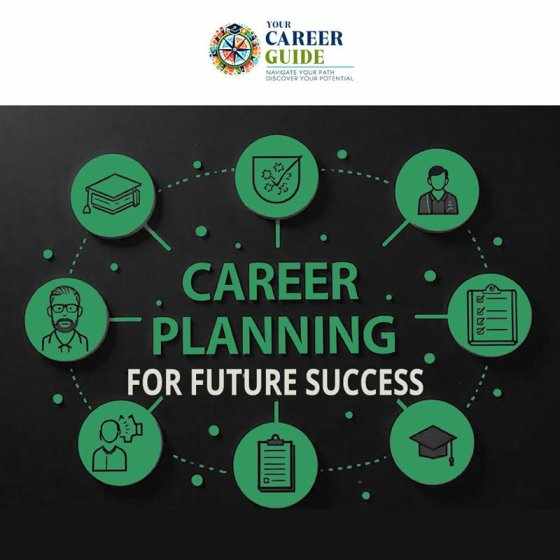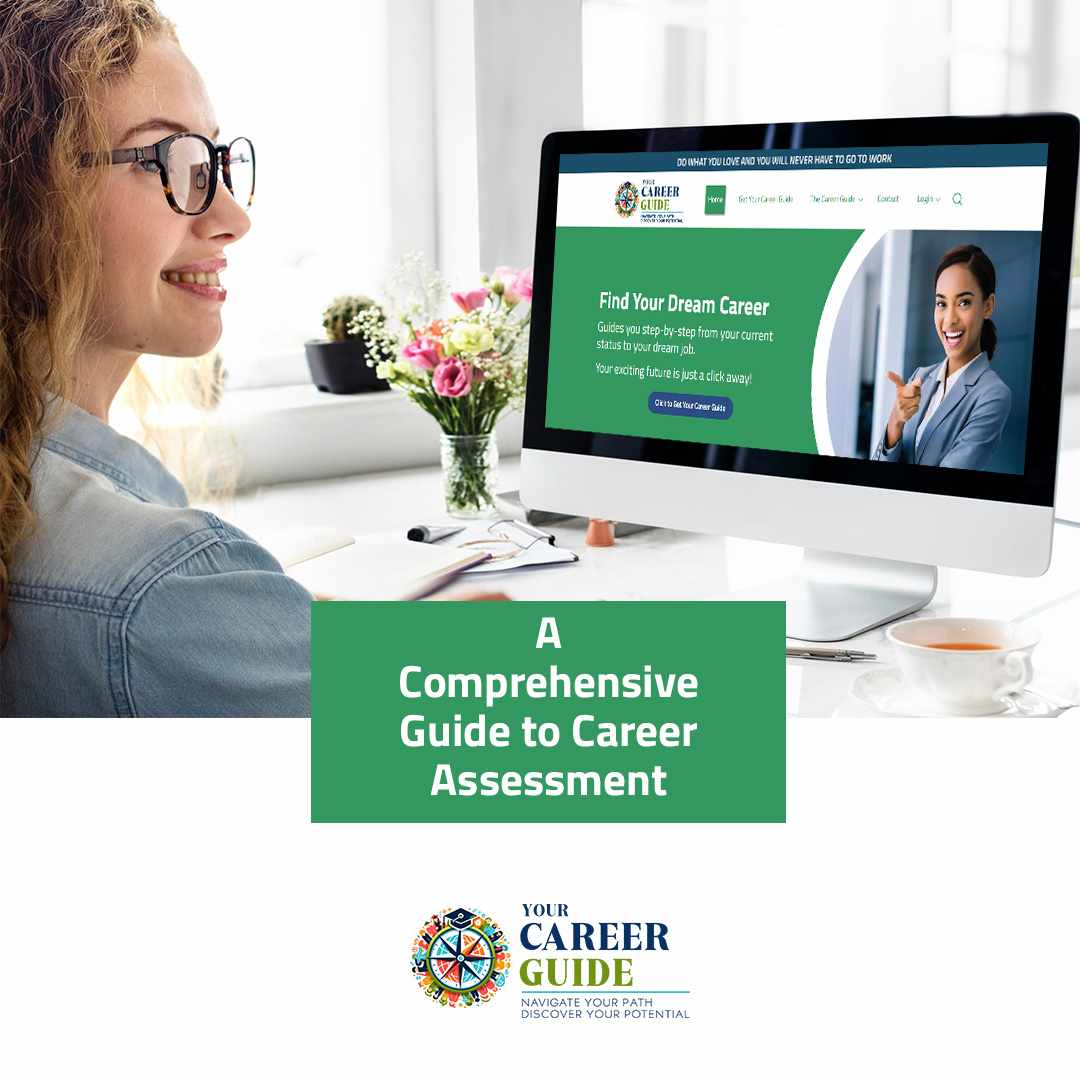
Making smart occupation choices is one of the most important decisions an individual can make to build a fulfilling and successful life. In today’s dynamic job market, it’s no longer just about picking a profession based on popularity or pay — it's about aligning your strengths, interests, and long-term goals with the right path. This is where career planning and the use of a trusted career guide come into play. The better informed and prepared you are, the more likely you are to make a wise career choice that leads to lasting success and personal satisfaction.
Why Smart Career Choices Matter
The occupation you choose affects almost every aspect of your life — income, lifestyle, mental well-being, social connections, and even your sense of identity. A smart career choice isn't just about landing a high-paying job. It's about finding work that matches your values, leverages your strengths, and offers opportunities for growth. A poor career decision, on the other hand, can lead to stress, burnout, and lack of motivation.
With the world of work rapidly evolving due to technology, automation, and globalization, many traditional jobs are disappearing, while new roles are constantly being created. This makes it even more critical to stay informed and adaptable when choosing a career.
The Role of Career Planning
Career planning is a strategic approach that helps individuals identify their career goals and outline a clear path to achieve them. Rather than making decisions based on trends or peer pressure, career planning encourages self-reflection and research. It involves:
Assessing your interests, skills, and values
Researching potential careers
Setting short-term and long-term goals
Gaining relevant experience or education
Monitoring progress and making adjustments
Career planning is not a one-time activity. As you grow, your interests and priorities may change, requiring you to revisit your goals and make new choices. That’s why ongoing planning and reflection are essential to long-term career success.
How a Career Guide Helps
Choosing a career can feel overwhelming — especially for students or individuals considering a career change. A career guide can be a valuable resource in this process. Whether it's a mentor, counselor, or an online tool, a career guide provides structured support to help you explore options, evaluate choices, and make informed decisions.
A good career guide will offer:
Assessments to uncover your strengths, interests, and work preferences
Information about different career paths, including job roles, required skills, and growth prospects
Guidance on educational or training requirements
Advice on resume building, interviews, and job searches
Today, many people also turn to online platforms for personalized career assessments and planning tools. These modern career guides use data-driven insights to match you with careers that best fit your profile, making the decision-making process more accurate and efficient.
Tips for Making Smart Career Choices
To make intelligent occupational choices that support a successful future, consider the following tips:
1. Know Yourself
Start by understanding your strengths, weaknesses, interests, and values. What kind of work excites you? What tasks drain your energy? Honest self-assessment is the first step in making smart choices.
2. Use Career Planning Tools
Make use of online career planning platforms and tools. They can help you explore industries, find suitable job roles, and create actionable steps to reach your goals.
3. Research Thoroughly
Don’t rely on assumptions or outdated information. Use credible sources to learn about job descriptions, salary expectations, employment trends, and educational requirements.
4. Seek Guidance
Talk to professionals in the field, career counselors, or use a digital career guide platform. Listening to real-world experiences can give you a clearer understanding of what to expect.
5. Consider Future Trends
Look into which industries are growing and which are shrinking. For example, tech, healthcare, and renewable energy are projected to see high growth in the coming decades.
6. Stay Flexible
Your first career planning doesn’t have to be your last. Be open to learning and adapting. Many successful people pivot multiple times in their careers.
Conclusion
Making smart occupational choices is not about following a perfect plan, but about making well-informed decisions that align with who you are and where you want to go. By engaging in thoughtful career planning and seeking the support of a trusted career guide, you can navigate the ever-changing job landscape with clarity and confidence.
Your future doesn’t happen by chance — it happens by choice. So take the time, explore your options, and make smart career choices that set the foundation for long-term success and satisfaction.









Write a comment ...